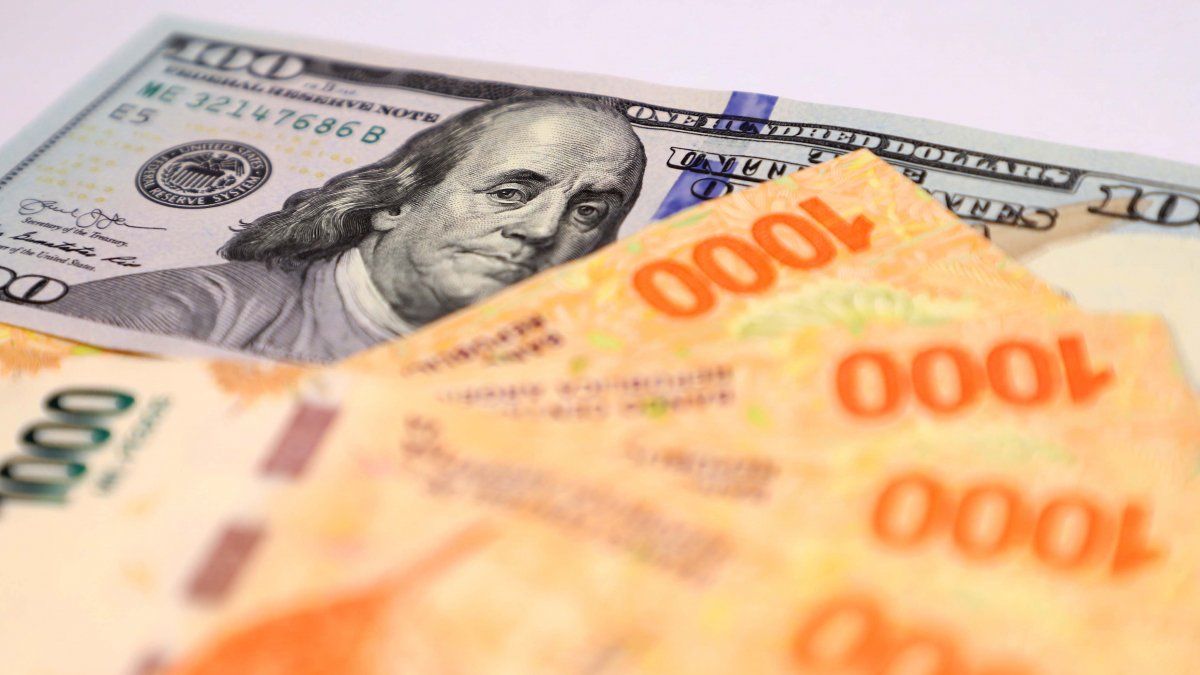The alarm signals are increasing among companies. The DIHK expects a deeper economic slump in the coming year than the federal government.
The German economy is expecting a hard winter and a difficult year in 2023. The Association of German Chambers of Industry and Commerce (DIHK) cited the energy price crisis, high inflation and the gloomy global economy as the reasons. “Companies fear that the worst is yet to come,” explained DIHK General Manager Martin Wansleben on Wednesday in Berlin.
The DIHK presented the results of a current economic survey of more than 24,000 companies from all sectors. The picture of the current situation is still relatively good. But 52 percent of companies expected their own business to deteriorate over the next 12 months. Only eight percent expect an improvement.
“This is the worst value that we have ever measured since the survey began in 1985,” says Wansleben. “Even in the times of Corona and the financial market crisis, the proportion of optimists was more than ten percent.” The German economy is not only facing a hard winter, but also a difficult year. 2023
Enormous uncertainty
According to the survey, 82 percent of all companies classify energy and raw material prices as a business risk – a record value according to the DIHK. Measures such as the gas price brake announced by the federal government could reduce the price pressure, said Ilja Nothnagel, member of the DIHK executive board. However, energy prices remained higher than before the crisis. He spoke of enormous uncertainty among companies.
According to the survey, more and more companies are reporting a difficult financial situation. 41 percent of the companies describe their financing situation as problematic. In early summer it was 35 percent, a year ago it was 31 percent. The smaller the company, the more critical the financial situation. Financial cushions have been exhausted. The DIHK spoke of worrying numbers. It is about the existence and substance of the German economy. “We are slipping into a crisis,” said Nothnagel. This could result in an increase in the number of bankruptcies.
A consequence of the high energy prices could also be production relocations abroad. According to Nothnagel, one hears from companies that they are considering locations like the USA.
Under the impression of the gloomy prospects, the DIHK expects a decline in economic output in Germany of around three percent in the coming year – and is therefore significantly more pessimistic than the federal government. In its autumn projection, the latter expects the economy to shrink by 0.4 percent.
According to the DIHK, industry in particular is affected by the dramatic rise in energy prices and the uncertainty in the energy supply. The energy-intensive manufacturers of intermediate goods in particular reduced their production. In the chemical industry, more than one in four companies see themselves forced to cut back, in the rubber and plastics industry it is more than one in five.
Source: Stern
Jane Stock is a technology author, who has written for 24 Hours World. She writes about the latest in technology news and trends, and is always on the lookout for new and innovative ways to improve his audience’s experience.




